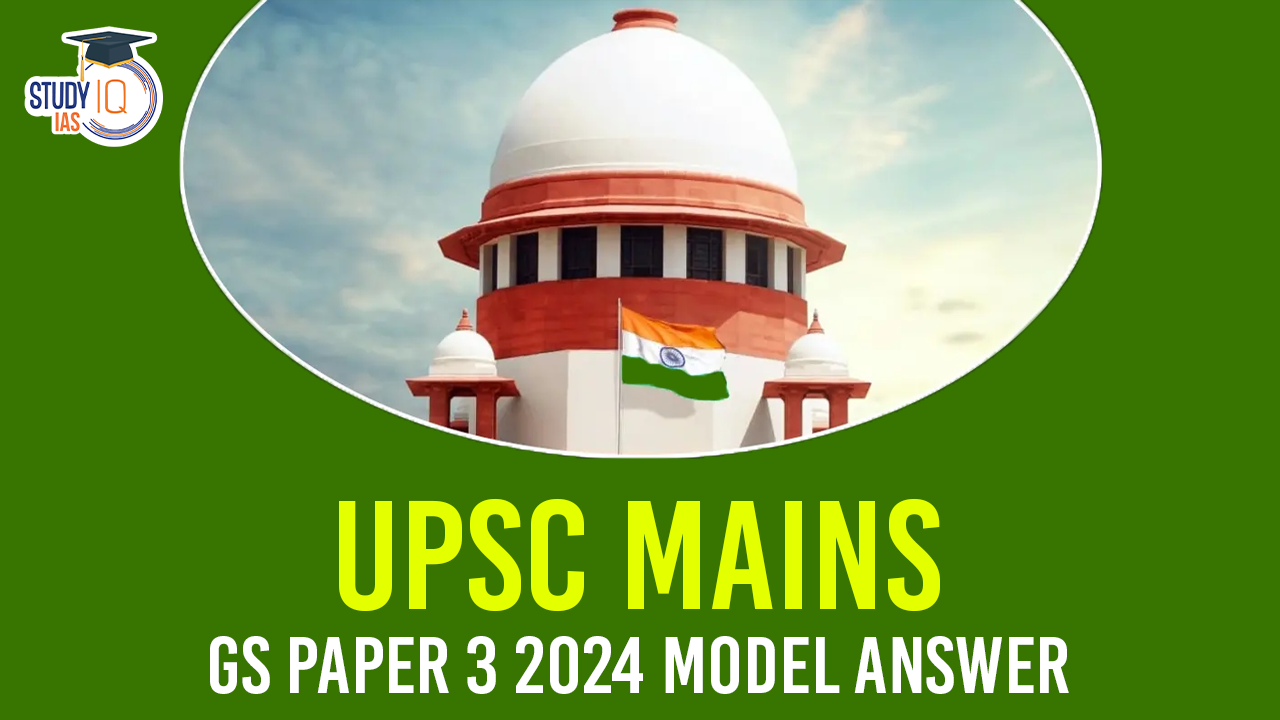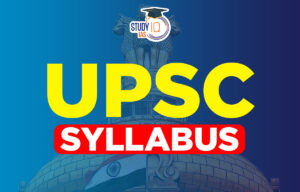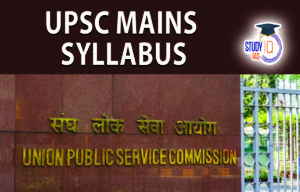Table of Contents
Introduction
You can start your answer by mentioning the need and the current technology that are being employed in electronic toll collection.
Electronic toll collection (ETC) systems on highways are designed to automate toll payments using advanced technology, making the process faster, more efficient, and less dependent on manual intervention.
Technology Used for Electronic Toll Collection:
- RFID (Radio Frequency Identification):
- FASTag in India uses RFID technology for toll payments.
- Vehicles have RFID tags that are scanned by toll plazas, automatically deducting toll charges from linked accounts.
- ANPR (Automatic Number Plate Recognition):
- Cameras capture and recognize vehicle number plates for toll collection.
- GNSS (Global Navigation Satellite System):
- Tolling is based on tracking vehicle movements and calculating toll charges based on distance traveled.
- DSRC (Dedicated Short-Range Communication):
- Allows communication between vehicles and toll stations, enabling wireless toll payments.
Body
Advantages of ETC:
- Reduced Congestion: Eliminates long queues at toll booths, speeding up traffic flow.
- Cashless Payments: Promotes digital transactions, reducing dependency on cash.
- Time and Fuel Savings: Faster toll clearance results in reduced fuel consumption and travel time.
- Enhanced Transparency: Automated systems reduce human intervention, decreasing the chances of toll revenue leakage.
- Environment-Friendly: Reduces vehicle idling at tolls, cutting emissions.
Limitations of ETC:
- Initial Infrastructure Costs: Setting up RFID systems and other technologies requires significant investment.
- System Failures: Technical glitches, such as RFID tag or ANPR camera failures, can lead to delays.
- Digital Divide: Not all vehicle owners are familiar with or have access to digital payment methods.
- Discrepancies in Revenue Distribution: Some states have raised concerns over fair distribution of collected tolls.
Proposed Changes for a Seamless Process:
- Global Navigation Satellite System (GNSS) based Tolling is a barrier free method of Electronic Toll Collection wherein the road users are charged on the distance they have travelled on the tolled Highway stretch. The system uses Satellite or Constellation of Satellites to track vehicle’s movement and calculate tolls based on the distance travelled on tolled Highways.
- Multi-Lane Free Flow (MLFF) Technology:
- Aiming to eliminate toll booths entirely by using a combination of RFID, ANPR, and GNSS to charge vehicles while in motion.
- Enhanced Integration: Improved coordination between different technologies, including GPS tracking and number plate recognition.
- Toll Aggregation System: A unified national tolling platform to streamline toll payments across states and highways.
Potential Hazards:
- Data Privacy Issues: The use of RFID, ANPR, and GNSS raises concerns about vehicle tracking and potential misuse of personal data.
- Cybersecurity Risks: As ETC systems rely heavily on digital platforms, they are vulnerable to hacking and data breaches.
- Technical Glitches: System failures could lead to incorrect toll deductions or delays in transactions, affecting traffic flow.
Conclusion:
While ETC has revolutionized toll collection by making the process more efficient and cashless, it faces challenges like technical failures and cybersecurity risks. Proposed changes such as MLFF and better technological integration promise a smoother system in the future. However, measures to protect data privacy and improve system resilience are critical for ensuring its long-term success.


 NCERT Books for UPSC Preparation, Check ...
NCERT Books for UPSC Preparation, Check ...
 UPSC Syllabus 2025, Check UPSC CSE Sylla...
UPSC Syllabus 2025, Check UPSC CSE Sylla...
 UPSC Mains Syllabus 2025, Optional Sylla...
UPSC Mains Syllabus 2025, Optional Sylla...





















